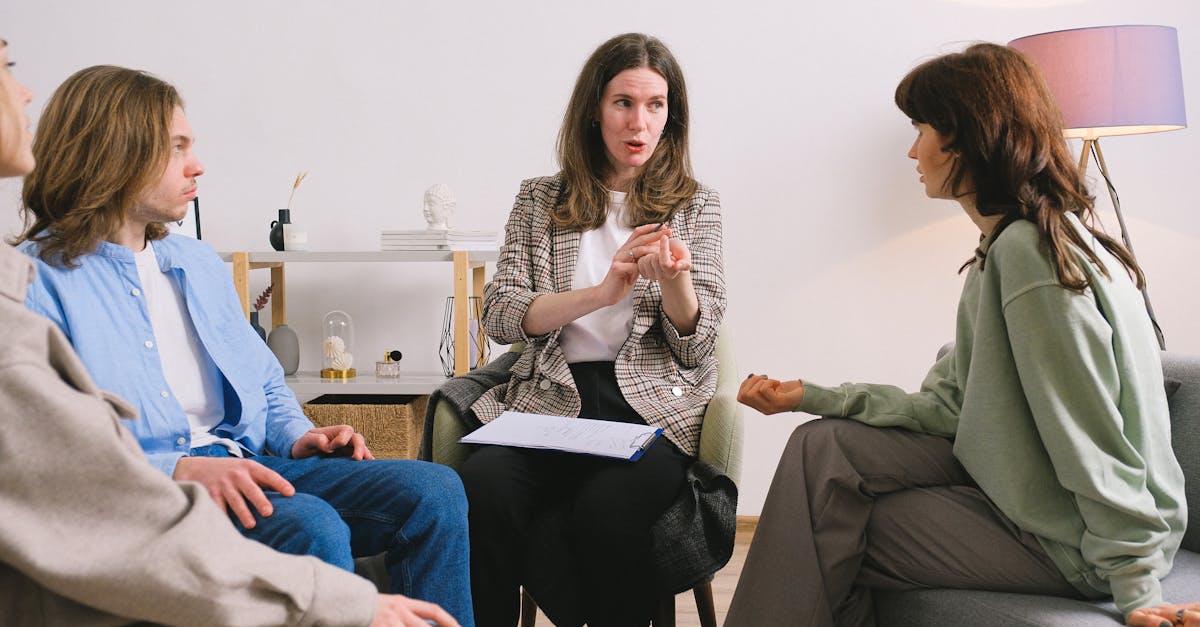Recognizing the Symptoms
New mothers often face countless adjustments and intense emotions after childbirth, but it’s crucial to differentiate between normal baby blues and postpartum depression.
Signs to look out for include:
- Persistent sadness
- Severe mood swings
- Withdrawal from loved ones
If feelings of hopelessness and being overwhelmed persist, it might be time to seek help. Understanding these signs can make a huge difference. By recognizing them early, you’re taking the first step towards better mental health.

Emotional Rollercoaster
Having a baby is a whirlwind of emotions. Joy can quickly turn to sadness, and patience can thin out in seconds. It’s essential to understand that experiencing mood swings doesn’t mean you’re failing as a mother. This emotional rollercoaster is more common than many realize. During these times, it’s important to talk to someone – whether it’s a family member, friend, or a professional. Sharing your feelings can provide relief and perspective.

Practical Advice for Coping
If you’re feeling the weight of postpartum depression, practical steps can help. Prioritize self-care, even if it’s just five minutes to enjoy a cup of coffee or a walk around the block. Try to sleep whenever the baby sleeps, and don’t hesitate to ask for help with chores. Remember, it’s okay to give yourself room to breathe and recharge. Simple routines can create a sense of stability amidst the chaos.

Seeking Professional Help
Never hesitate to seek professional help if things feel off. Speaking to a mental health professional can provide the support you need. Therapies like CBT (Cognitive Behavioral Therapy) or medication can be beneficial. It’s vital to know that seeking help is not a sign of weakness but a courageous step towards healing. Finding the right therapist and being open during sessions can make a significant impact on your mental well-being.

Supporting New Mothers
Supporting new mothers should be a collective effort. Whether it’s through lending an ear, helping with daily chores, or simply offering a break, your support can mean the world to them. Small gestures like these can alleviate stress and make the transition to motherhood smoother. Knowing they have a reliable support system can instill confidence and help combat feelings of isolation.

Encouraging Reader Involvement
We want to hear from you! Sharing your experiences could provide solace to others going through similar challenges. What helped you during your postpartum period?
Leave your tips and thoughts in the comments below. Engaging with others can build a community of support and understanding. Remember, you’re not alone, and your story might be the beacon of hope someone else needs.

